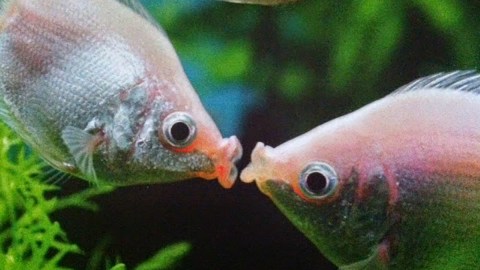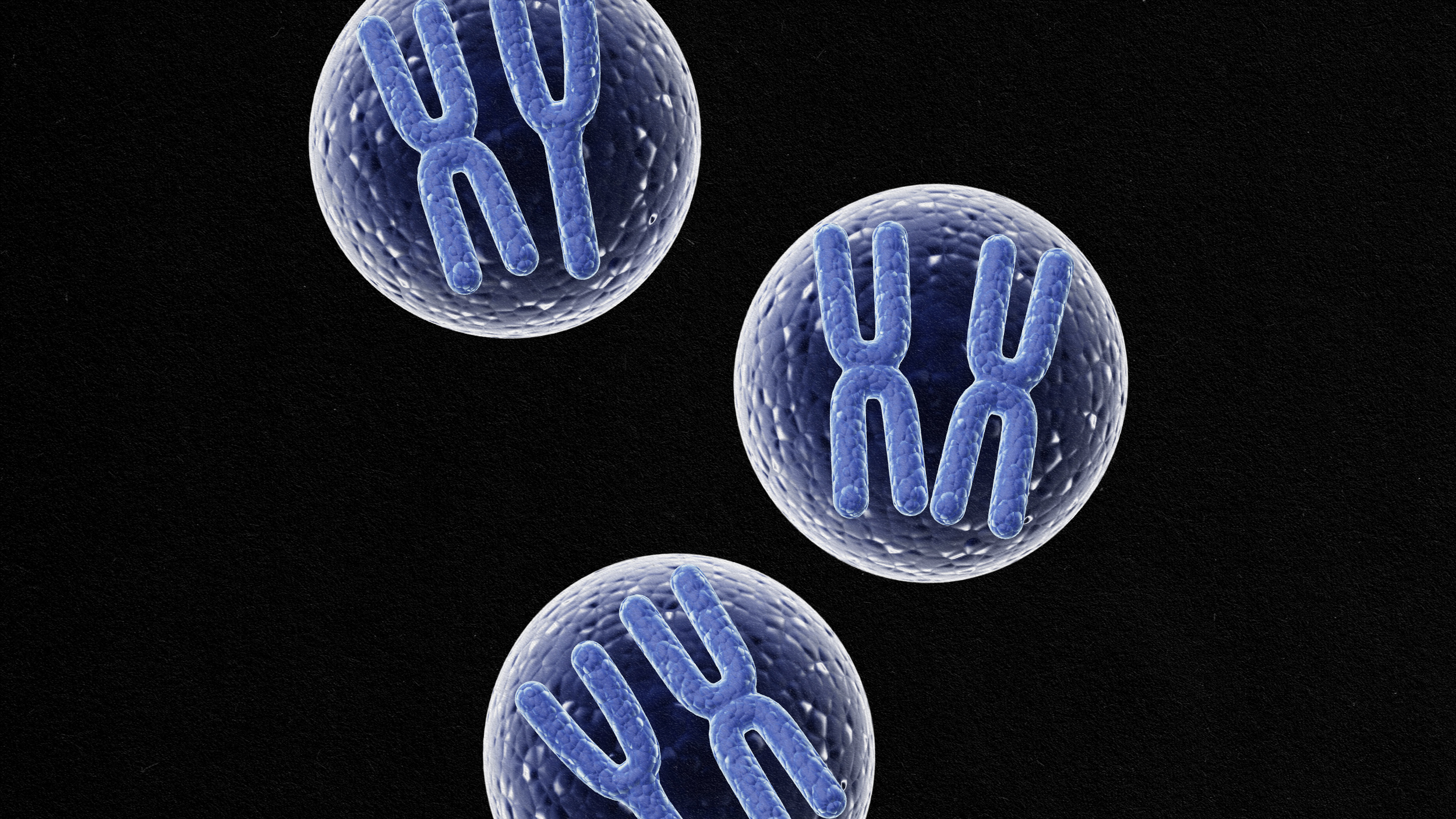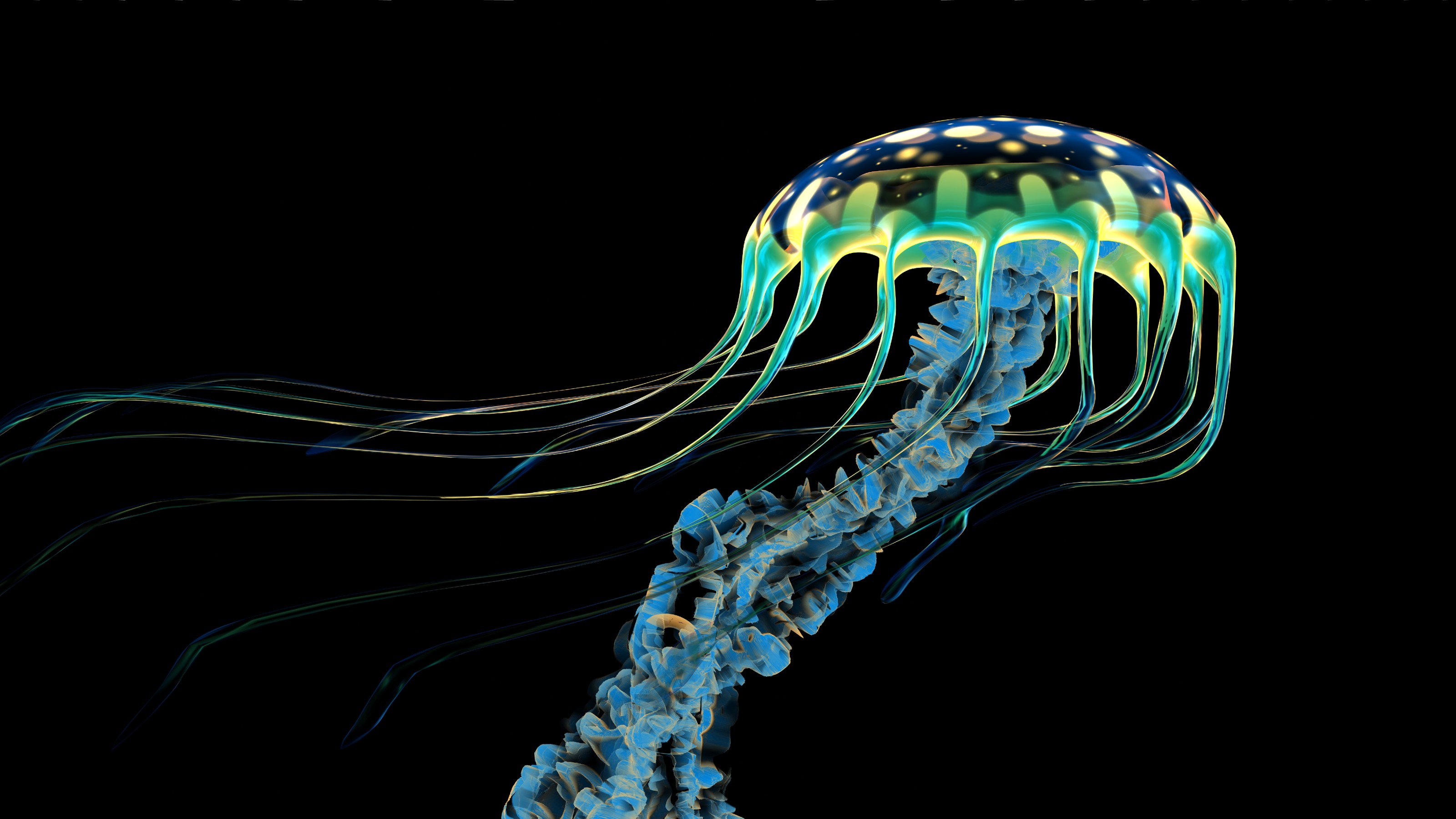Eating more fish is linked to increased sex and pregnancy, study finds

Fish. They swim around without emotion and, let’s be honest, don’t pay taxes. But according to a highly cited study in the Journal of Clinical Endocrinology & Metabolism, they might be good for something after all: helping us humans procreate.
I’ll give you a second to take that in.
According to the study, 501 couples were surveyed for from 2005 to 2009 and asked an array of questions about both their contraceptive methods and their fish intake. It doesn’t particularly matter what kinds of fish: canned tuna counted, as did shrimp and shellfish. The study started with over 1,000 couples but was apparently whittled down—if you will—by birth control methods. Go ahead and read the full study here for yourself if you’d like.
But you’re probably reading this to find out about the numbers… how much extra copulation will you get by upping your fish consumption? It all boils down to this very exciting paragraph below. Keep in mind that ‘cycle’ refers to the menstrual cycle, that TTP means ‘time to pregnancy’, and SIF means ‘sexual intercourse frequency’:
Couples with male and female partners who consumed eight or more seafood servings per cycle had 47% (95% CI, 7% to 103%) and 60% (95% CI, 15% to 122%) greater fecundity (shorter TTP) than couples with male and female partners who consumed one or fewer seafood servings per cycle. Couples with both partners consuming eight or more seafood servings per cycle had 61% (95% CI, 17% to 122%) greater fecundity than couples consuming less. Male and female partners with the highest seafood intake (eight or more servings per cycle) also had 22% greater SIF.
Let’s break that down: couples who had fish more than 8 times a menstrual cycle (roughly one month) had a 47% shorter time getting pregnant than those who didn’t, and those who consumed fish 8 or more times during a cycle had 22% more sex than those that didn’t.
One thing about the study is unclear: why eating fish seems to increase sex (and pregnancy). Perhaps it’s because fish is a relatively “clean” protein, i.e. far more lean than beef and a lot less likely to contain man-made contaminates than chicken. Given that 99.5% of chicken available in stores and restaurants is factory farmed, there’s a good chance that it’s been given antibiotics and whatever else big-league farmers need to make as much money as possible. Touching upon the cleanliness of fish, the study touches upon the fact that fish contain toxins but states that those toxins are in trace amounts unless you consume a lot of fish, therefore the good far outweighs the bad.
Of course, as any Big Think reader knows, correlation does not equal causation. But the findings from this 4-year study are clear: it’s time to start researching your sushi.





